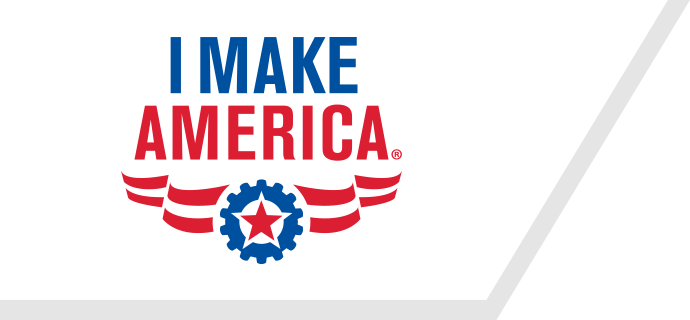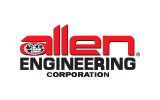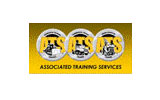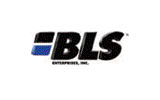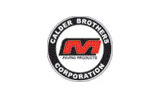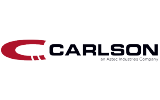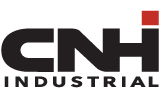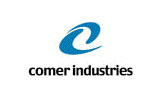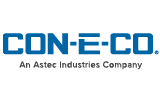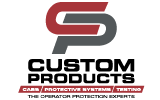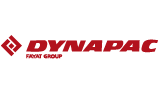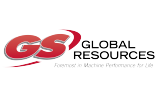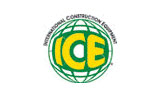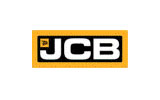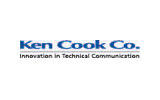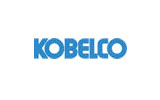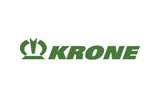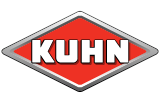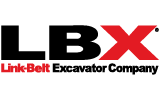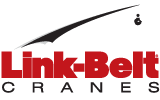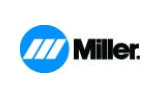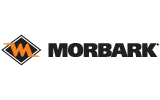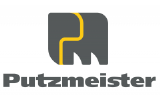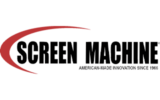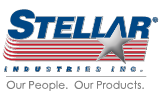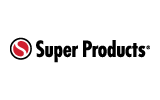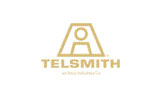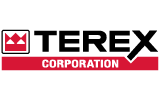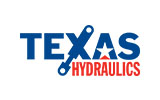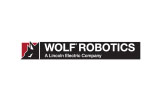
Tax policy – and much needed reform of our current tax system in particular – has returned to its traditional place of prominence in policy circles, with both Hillary Clinton and Donald Trump proposing both sweeping and incremental reforms and Members of Congress considering a wide variety of changes.
AEM members know firsthand that our current tax system is fundamentally flawed and discourages economic growth and U.S. competitiveness. As a result of equipment manufacturing’s critical importance to our nation’s economy, any effort to rewrite the federal tax code should result in a balanced, fiscally responsible plan that allows equipment manufacturers in the United States to prosper, grow and create jobs, and enhance their global competitiveness.
Whatever shape tax reform may take, it has to be simpler, fairer and flatter.
Tax reform has to close loopholes, eliminate special rules, and limit the deductions, exclusions and credits that riddle the tax code today so that we can lower rates for everybody. We cannot leave everything in place and lower rates and make it simpler – the math does not work. Individuals and companies currently use an array of complex tax provisions to minimize their tax burden under the law, but this effort is a waste of resources that drains the economy and takes critical time and capital away from growth.
Our tax code has to stop encouraging the shift of jobs overseas. Too many American businesses are being acquired by foreign corporations or engaging in inversion transactions to avoid being ripe targets for foreign takeovers. We need a tax code that encourages businesses to locate their operations in the United States, creating jobs here at home and helping to grow our economy.
We need a tax code that is built boldly for economic growth. Tax reform that merely aims to place America in the middle of the pack simply won’t cut it. We need our elected officials in Washington, D.C. to aim high and take an ambitious approach to pro-growth tax reform in order to be successful in the near- and long-term. When Steve Jobs was brought back to Apple to revitalize the company, he looked at innovation. His charge to his employees was,“When you’re behind, leapfrog.” In other words, when you find yourself behind your competitors, instead of playing catch-up, just skip to what is going to be next big thing.
Tax reform in the 21st century should not aim to place us merely in the middle of the pack, but in the lead. Tweaking the tax code is not an option. It just as difficult politically to make limited reforms as it is to make comprehensive reforms, so we need to make it worthwhile. Only through comprehensive tax reform will we make the United States a more attractive place to invest, create jobs and keep the U.S. equipment manufacturing industry competitive in the global economy.
Significant ground work has been made for comprehensive tax reform. The next Administration and the 115th Congress should build on this, but they also need to think boldly about pro-growth tax reform that brings our code into the 21st century.

